Europe’s investment plan speeds up land decontamination at old urban industrial sites and turns them into good places to live and work
General contractors, earth-movers and diggers will start construction of 300 apartments and homes next April on the site of a nineteenth-century paper mill in Mont-Saint-Guibert, southeast of Brussels. Not long after, buildings will go up on a disused foundry in the Paris suburb of Choisy-le-Roi, and then in the heart of Lyons on the grounds of the former Brandt washing-machine factory.
The connection between all these projects is that the land would’ve stood empty if it hadn’t been decontaminated and redeveloped by a ground-breaking investment fund that uses state-of-the-art environmental techniques to clean away the toxic traces of defunct industries. Such decontamination is important for the future of Europe’s cities, where 3.5 million former industrial sites sit vacant. To counter urban sprawl, cities must clear old industrial locations and make them safe for living.
“France loses the equivalent of one département to urban sprawl every 10 years,” says Bruno Farber, managing director of Ginkgo Advisor, the decontamination fund. “The solution is to build the city upon itself.”
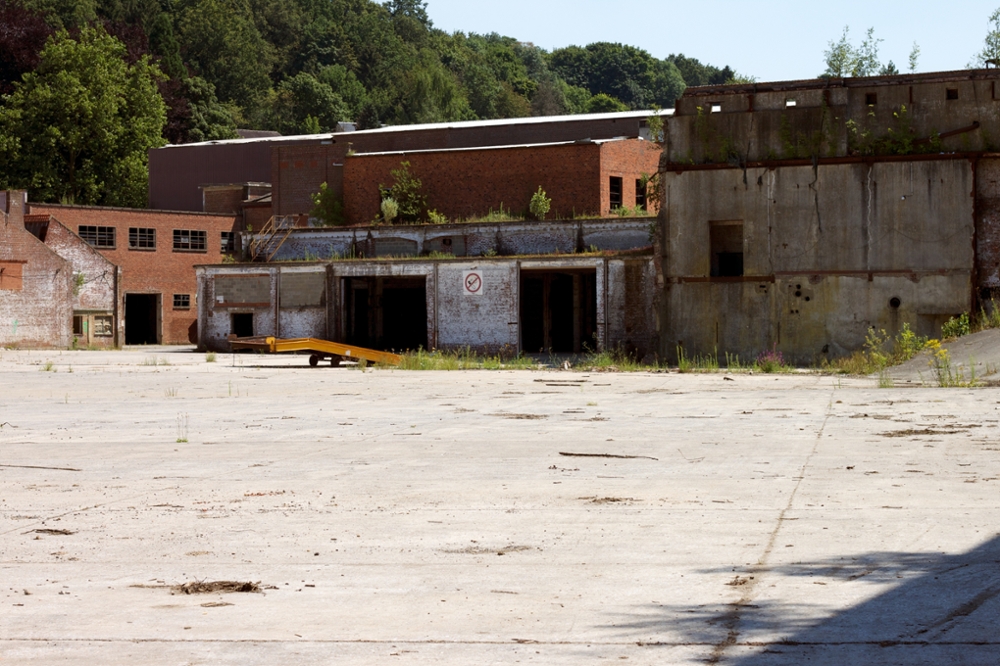
- The old foundry at Mont-St-Guibert when Ginkgo arrived...
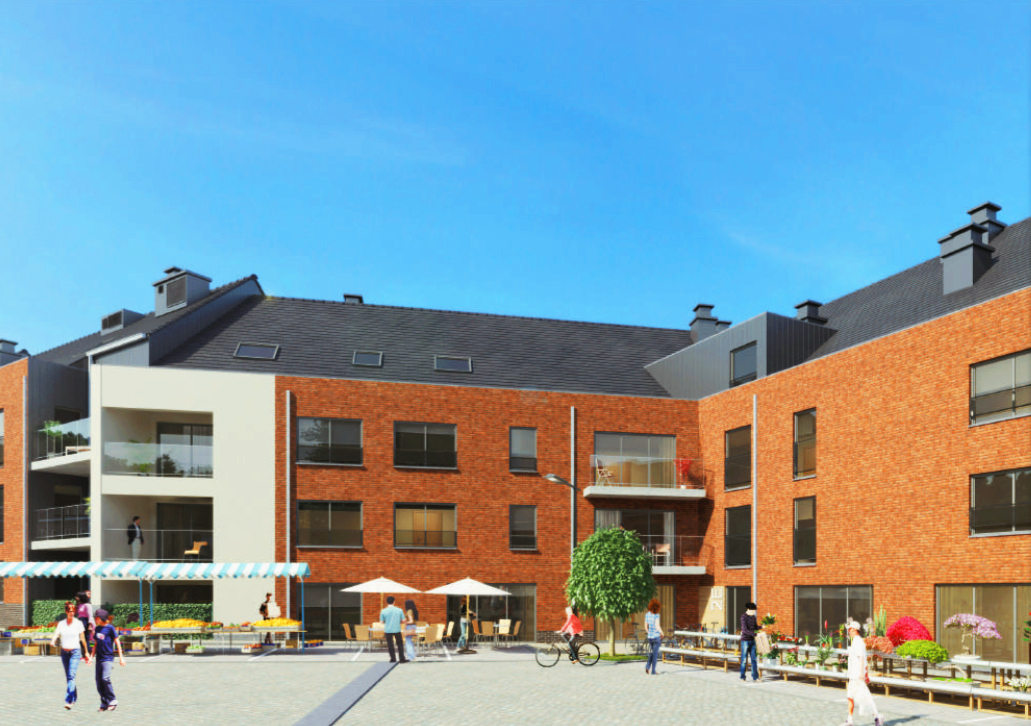
- Mont-St-Guibert as it will be after the clean-up
Funds for the cleanup
Farber’s Ginkgo Fund raised EUR 80 million for seven decontamination and redevelopment projects in Belgium and France, all of which are on course to be cleared for construction by the end of 2018. The fund included EUR 15.6 million from the European Investment Bank.
The success of Ginkgo led Farber to start raising money for Ginkgo II, which would expand Ginkgo’s reach to the UK, Luxembourg and Spain. EIB investment officers were keen to get on board again.
But without the European Fund for Strategic Investments (EFSI), the EIB wouldn’t have been able to invest as much in Ginkgo II as it has.
EFSI’s built to accelerate investment in innovative projects, as part of the Investment Plan for Europe. The aim is to use a combination of EUR 5 billion of EIB funds and a EUR 16 billion European Commission guarantee to trigger EUR 315 billion of new investment by 2018. The EIB’s supposed to use the guarantee to carry out investments it might otherwise have done differently. That means, for example, taking bigger positions or accelerating investment and job creation on the ground.
Ginkgo II certainly fits the EFSI bill. James Ranaivoson, the managerial adviser in the EIB Climate Change & Environment division who led the Ginkgo deals, recognised that Ginkgo I’s path had been smooth. Due to the EFSI guarantee he was able to go quickly into the second fund and with a larger amount than he’d otherwise have been able to do. He committed EUR 30 million to Ginkgo II, which was approved by the Bank in November and signed in February.
“We can already see how well Ginkgo I is doing,” says Ranaivoson. “It’s very important that we continue to support the investments targeted by Ginkgo with the second fund right away. EFSI gives us that acceleration.”
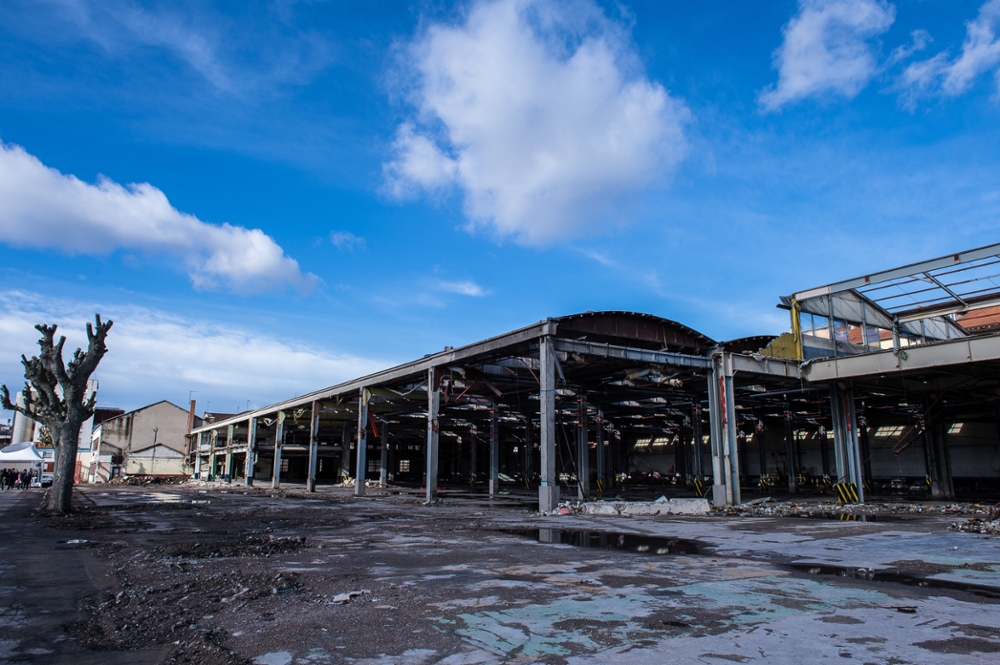
- The Ginkgo site in Lyon before...

- ...and after
EFSI as a cornerstone
The involvement of the EIB was key to convincing other investors to put their money into the first Ginkgo fund. Farber expects the same to be true for Ginkgo II. “The EIB’s role must be stressed,” he says. “As a cornerstone investor, the EIB’s presence showed other institutions that real, in-depth due diligence had been carried out, and that the predecessor fund had been well managed in a challenging economic context.”
He aims to raise a total EUR 140 million for the fund, with a quarter held by the EIB and another 25% for Caisse des Dépôts, the French government investment institution.
That makes EFSI’s role doubly important. By allowing the EIB to put up more funds, it will probably bring Ginkgo II to its funding targets quicker, because other investors will be encouraged to join a project backed with a large investment by a major EU institution.
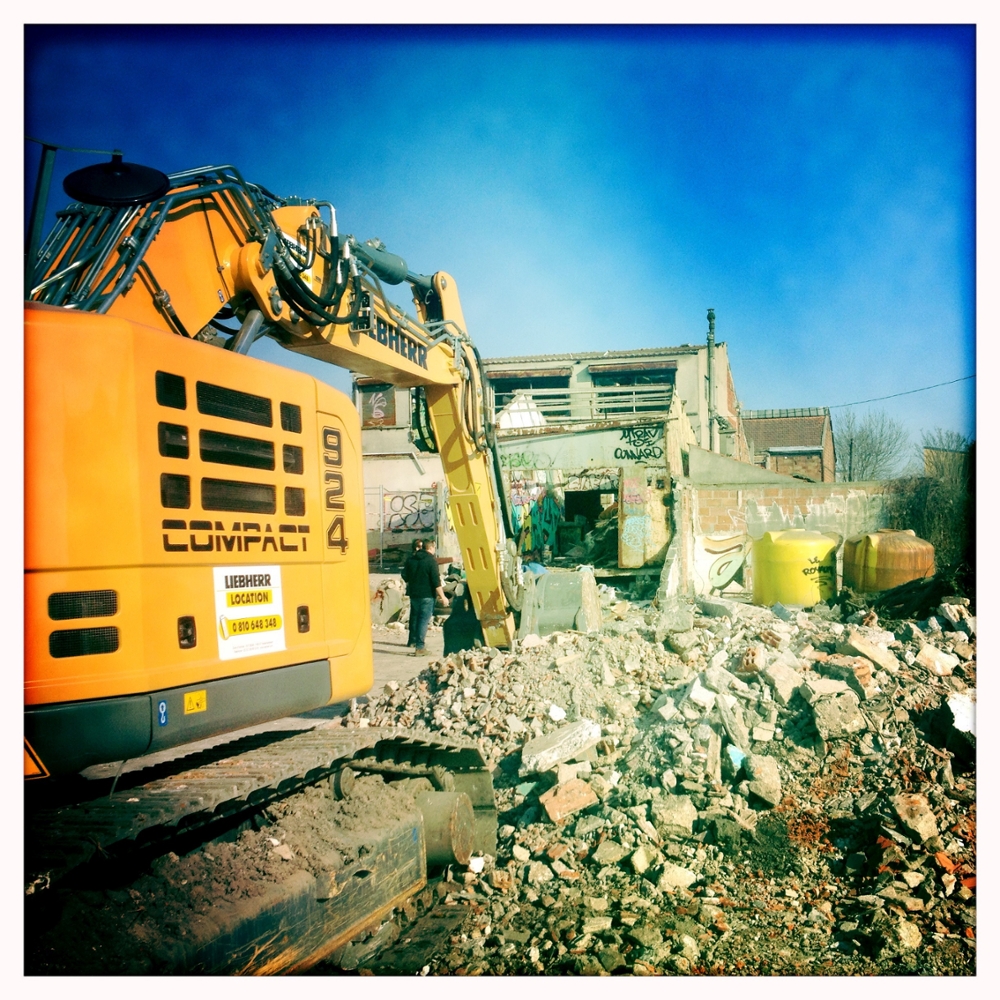
- Romainville looked like this...

- ...better now?
Equity-intensive
The presence among its investors of big institutions with solid reputations is vital to Ginkgo. After all, decontamination is a niche business and isn’t a typical project for many investors.
Go to your bank and tell the loan officer this: “I found a derelict paper mill in Belgium. The ground is heavily contaminated with hydrocarbons like tar and gasoline, toxic heavy metals and chlorinated solvents dumped over many decades. Will you lend me EUR 5 million to build apartments there?”
Your bank will almost certainly tell you, “No.”
Which is how Farber, a Belgian who’s based in Geneva, came to the EIB in 2008. Not for a loan, as most of the bank’s clients do, but for an equity investment. “Decontamination and redevelopment are very equity-intensive,” he says. “Banks won’t give a loan to decontaminate the land, and they won’t give a loan to buy polluted land in the first place. You need equity to buy it and to carry out the project.”
Equity for climate change
The EIB’s Climate Change & Environment division started working on equity fund investments in 2005. Its goals were to:
- respond to market demand for equity, particularly in niche sectors like climate action or in under-served regions
- diversify EIB offerings to include products that would create higher value by drawing in other investors
- reach projects too small to obtain financing directly from the EIB
Since then, the EIB invested in almost 40 funds, many of which were run by first-time investment managers. About two-thirds of those funds wouldn’t have been able to mobilise enough capital to operate, without the EIB’s initial investment and reassuring presence.
Ginkgo isn’t the EIB’s only venture into industrial decontamination. In 2013 the Bank put EUR 20 million into the Brownfields Redevelopment Fund. Founded in 2006 by engineers and former executives of a big French industrial group, Brownfields raised EUR 120 million for its fund on the back of the EIB’s investment.
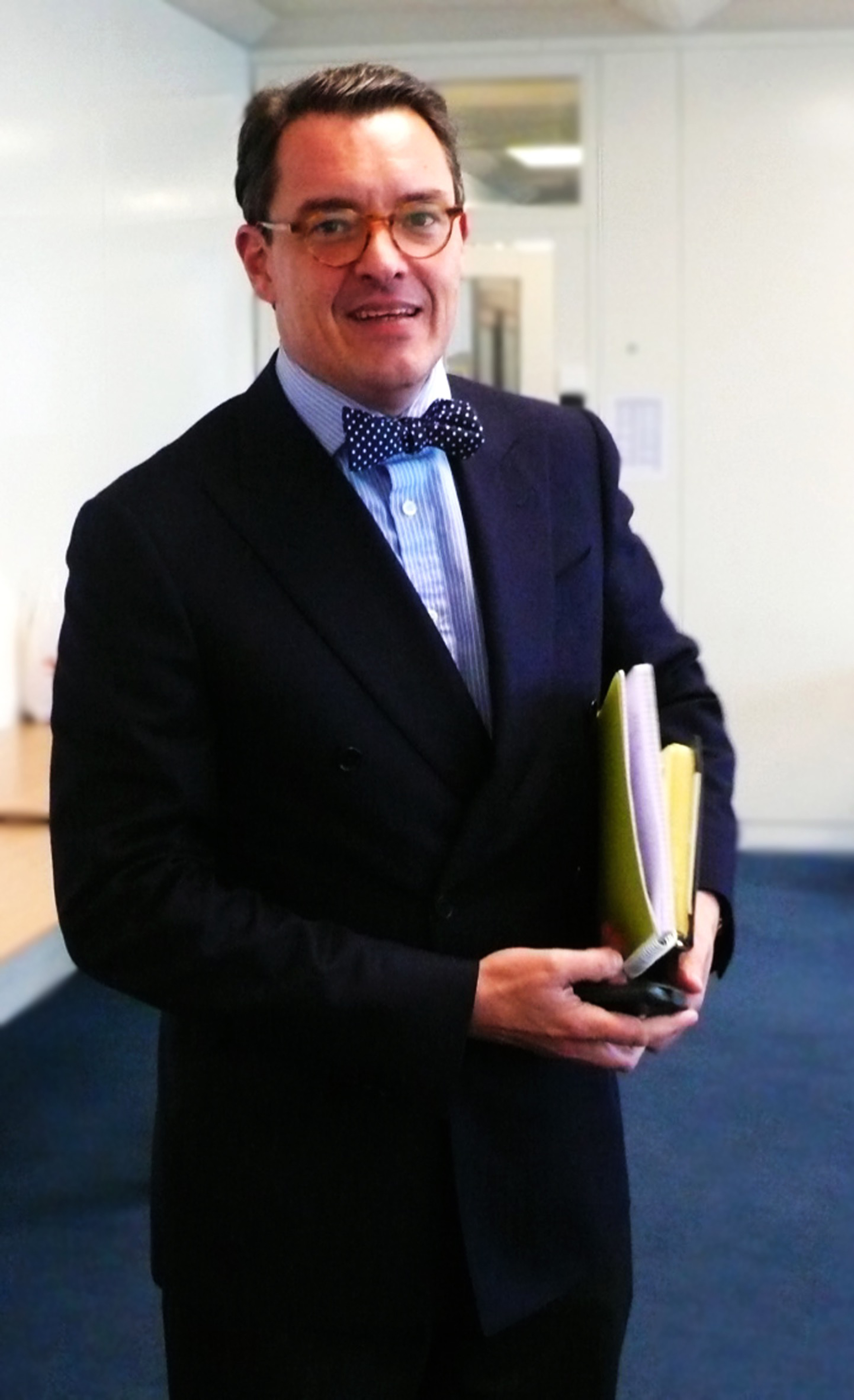
- Ginkgo's Bruno Farber
Decontamination without borders
With Ginkgo II, Farber plans to extend the reach of his company by partnering with developers and urban planners in other countries. As much as 30% of the new fund will be invested beyond the borders of Belgium and France, where the first Ginkgo fund focused.
There are surprisingly few companies engaged in the decontamination and regeneration of industrial sites. Most often the contaminated materials are dug up and dumped elsewhere, or even buried under giant slabs of concrete. Neither technique is a true solution to the pollution. Ginkgo uses a more sustainable approach in which the contaminated material is treated on site until it can potentially be reused in the new project.
Ginkgo II will take its technical expertise to countries like the UK, where there’s currently no decontamination fund drawing investment into the sector. Farber’s targeting sites in Leeds, Bristol and Glasgow, as well as former steel mills in Luxembourg and projects in Barcelona. “It’s important for the future of Europe to foster this technology,” says Martin Berg, an EIB investment officer who worked on the Ginkgo deal. “EFSI enables us to do more of it, and to do it fast.”
